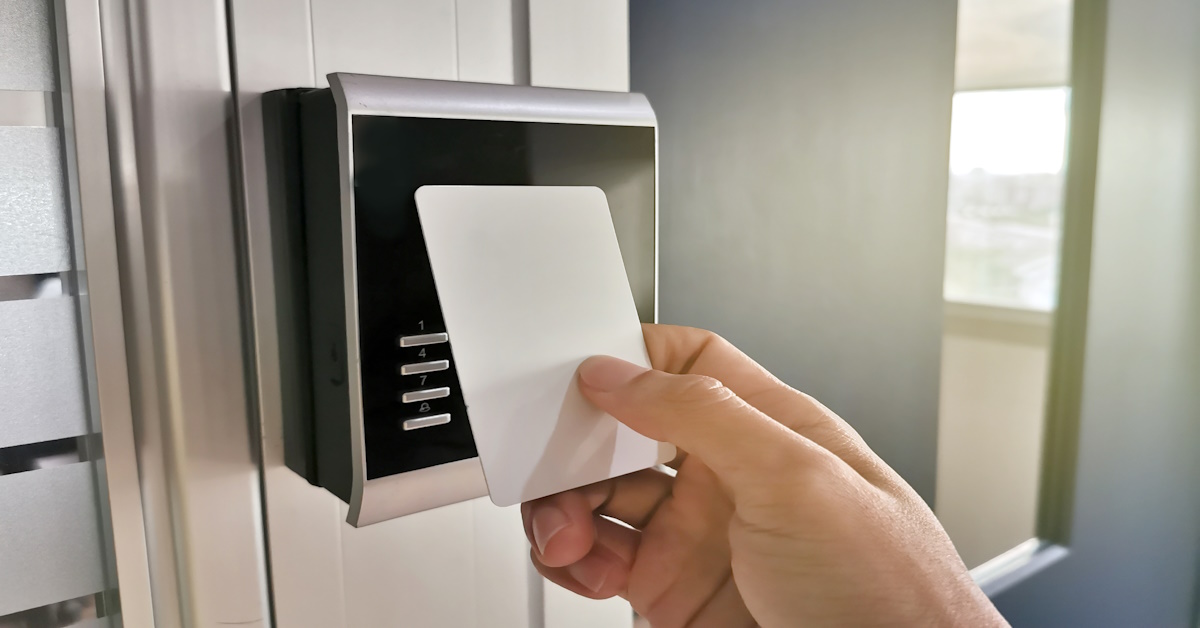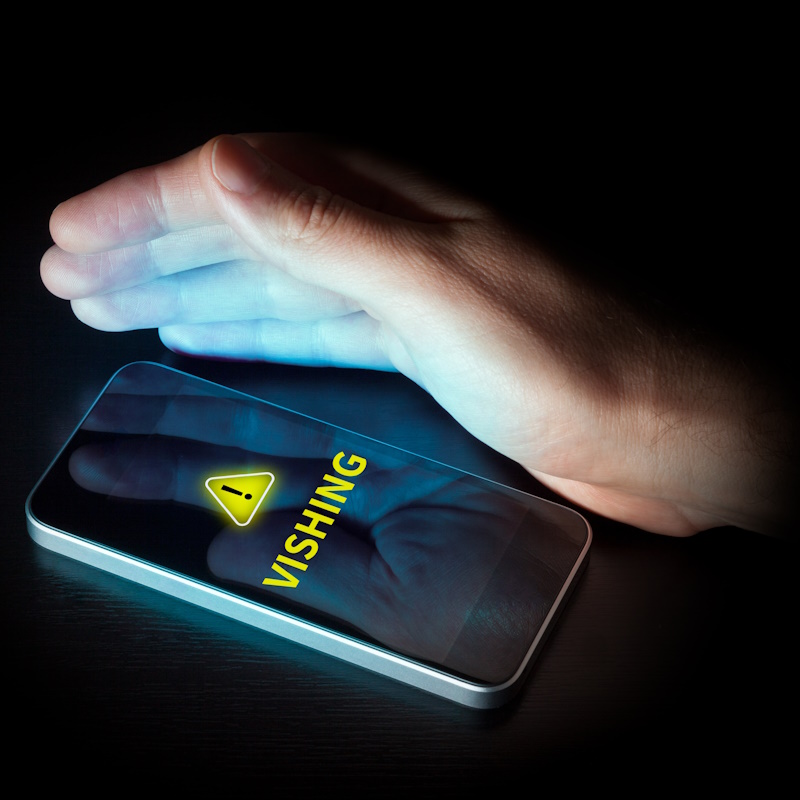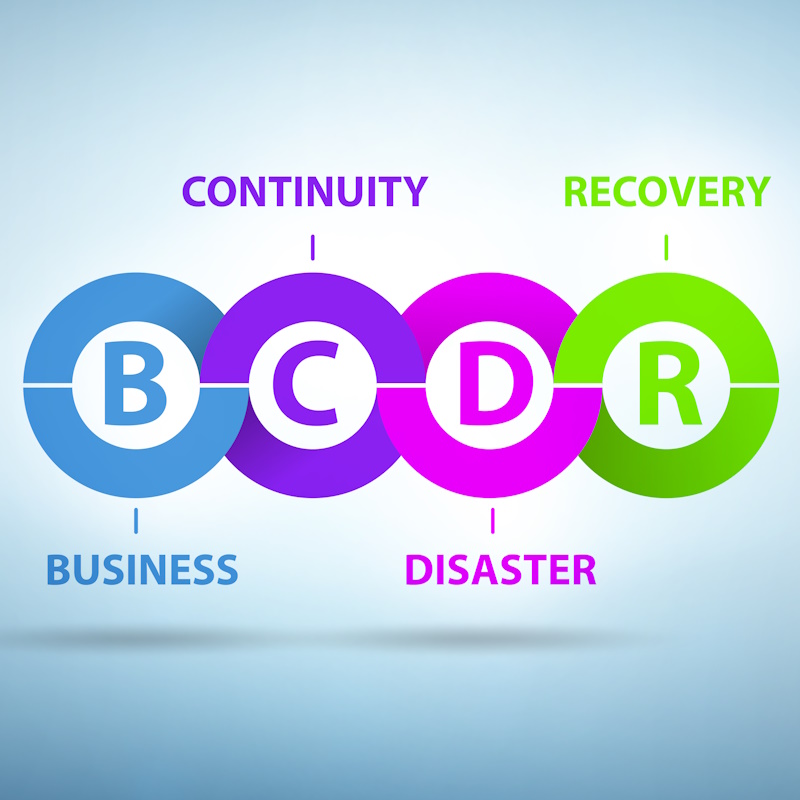Recent Posts
Categories

With all the hype about cybersecurity, physical security is being overlooked. You can never be too trusting when it comes to your business’s assets. Just like digital protocols need to be in place, so do physical ones.
Physical security is equally as important as cybersecurity! Both aspects contribute to the overall protection and risk mitigation for an organization. Just as there are cybercriminal lurking from their computer, there are real criminals lurking around your property.
Cybersecurity focuses on protecting digital assets. Physical security safeguards the physical infrastructure that supports an organization’s operations. This is more than locking your doors. You have to look at the physical access to all assets and control them accordingly.
Here are Several Reasons Why Physical Security is Crucial
Asset Protection
Physical security measures help protect tangible assets. For instance, it protects buildings, equipment, inventory, and sensitive documents from theft, damage, or unauthorized access.
Data Protection
Physical security measures are necessary to protect physical storage media. This includes workstations, servers, backup tapes, or hard drives that store critical data. This also can refer to physical networking equipment. Even with robust cybersecurity measures, physical access to these storage devices could lead to data breaches or unauthorized data manipulation.
Prevent Unauthorized Access
You don’t want just anyone have full access to your property. Physical security measures controls who can have physical access to what. Access control systems, video surveillance, and security guards control unauthorized access. This helps prevent unauthorized individuals from gaining physical access to restricted areas or sensitive information. It reduces the risk of physical breaches and potential data breaches resulting from stolen or tampered-with physical assets.
Business Continuity
When disasters strike, you want to minimize downtime and keep your business running. Physical incidents like natural disasters, fires, or power outages happen. Physical security measures, such as backup power systems, fire detection and suppression systems, and disaster recovery plans, help ensure business continuity.
Human Safety
People need to be safe in their work environments. Unfortunately there are bad people out there. As a business owner, you have to keep you people save. This includes employees, visitors, and customers. Physical security are necessary for their safety. Measures such as emergency exit plans, fire safety systems, and security protocols help mitigate physical risks.
Compliance Requirements
Many industries have regulatory or legal requirements that necessitate physical security measures. For example, sectors like healthcare, finance, and government often have strict regulations regarding physical access control, data protection, and confidentiality.
Psychological Security
The presence of physical security measures can enhance employees’ and customers’ sense of safety. This can help foster a positive and secure environment. Which can contribute to increased productivity, trust, and confidence in the organization.
Integrated Security
Physical security and cybersecurity are interdependent and should be considered holistically. Physical vulnerabilities can be exploited by cybercriminals to gain unauthorized digital access. By integrating physical and cybersecurity measures, organizations can create a more robust and comprehensive security posture.
Ultimately, the convergence of physical and cybersecurity is essential for comprehensive risk management. Both areas address different aspects of security and complement each other. They provide a layered defense strategy, minimizing vulnerabilities and protecting an organization’s critical assets, operations, and reputation.
Talk to an expert today, to see how secure your business is!



